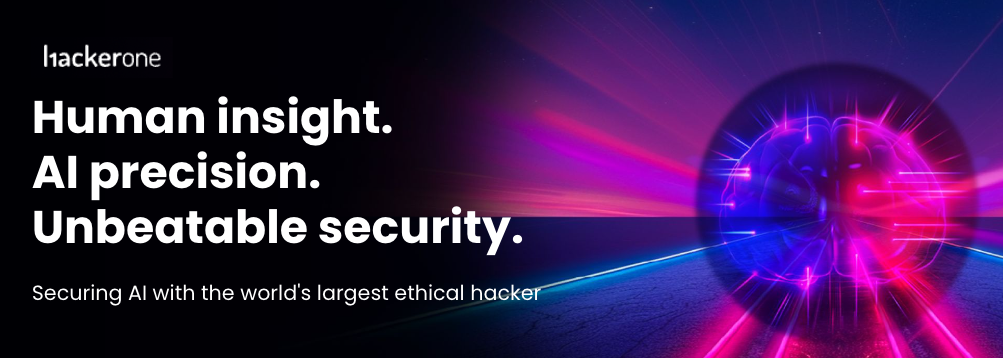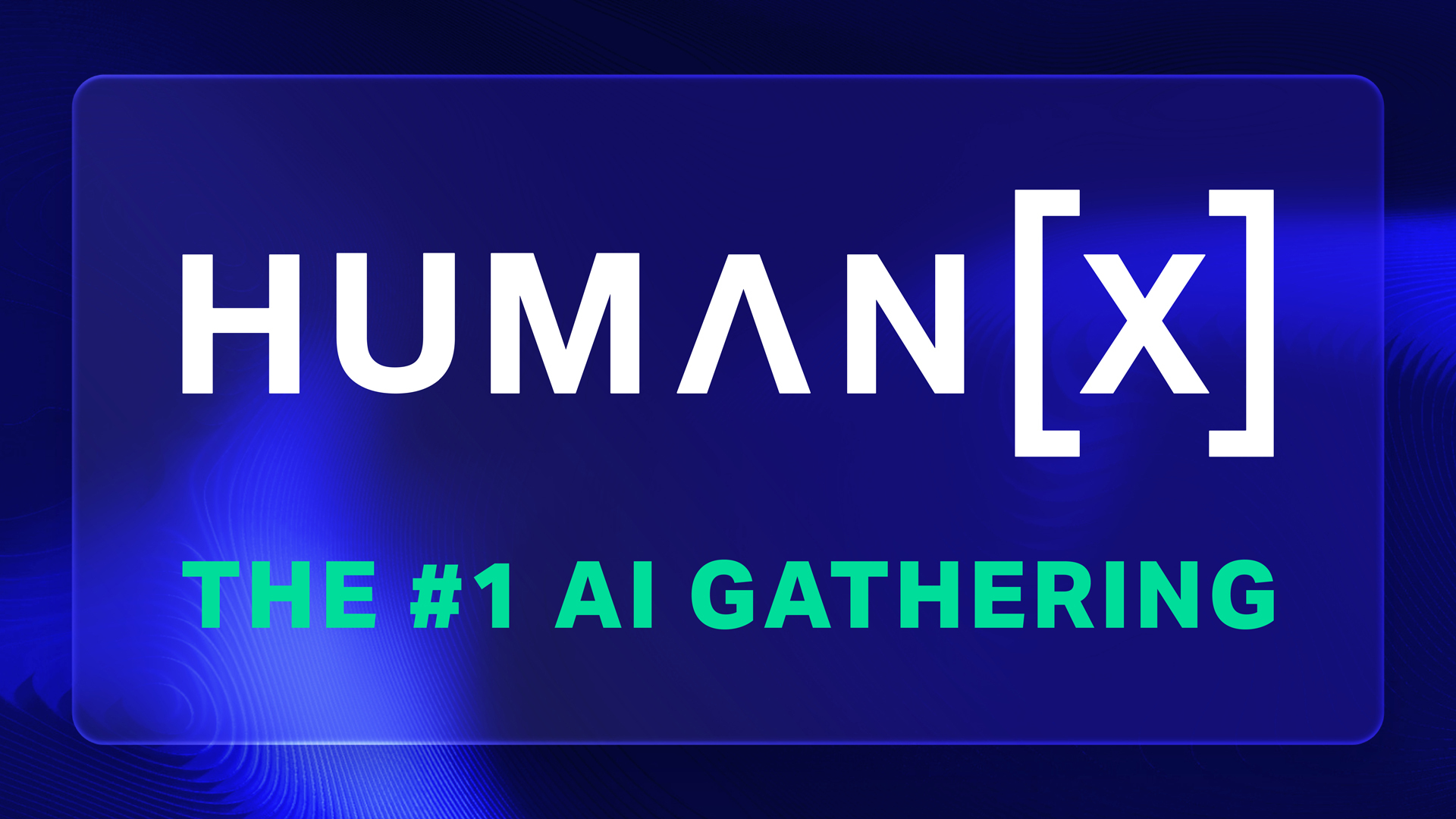- Slice of Technology
- Posts
- #20 - Marten Mickos, CEO at HackerOne
#20 - Marten Mickos, CEO at HackerOne

Join us on this week's episode of the Slice of Technology AI podcast, hosted by Jared S. Taylor! Our Guest: Marten Mickos, CEO at HackerOne.
What you’ll get out of this episode:
Marten Mickos shares HackerOne’s mission to make software secure and reliable for companies worldwide.
AI’s role in vulnerability management and its potential to revolutionize cybersecurity.
Common security challenges and how organizations can safeguard AI implementations.
Mickos’ insights into staying adaptable amid rapid advancements in AI.
Preview of Mickos’ goals for the upcoming HumanX conference, focusing on groundbreaking AI developments.
Watch
Listen
Read More
Understanding HackerOne’s Role in Global Cybersecurity
Marten Mickos, CEO of HackerOne, joined the podcast to discuss how his company leads in vulnerability detection, working with industry giants like Amazon, PayPal, and even the Department of Defense. HackerOne’s mission is straightforward but ambitious: to secure the software that powers modern enterprises by providing rigorous testing for software vulnerabilities. Mickos describes HackerOne’s role as a “bearer of bad news that becomes good news” once clients fix identified vulnerabilities. This ethos of turning potential threats into opportunities forms the backbone of HackerOne’s approach to security.
The AI Revolution in Vulnerability Management
AI is proving transformative in cybersecurity, especially in vulnerability management and threat detection. Mickos explains that the scope of AI’s influence is vast, from accelerating code generation to enabling rapid threat detection and automated defenses. Tools like GitHub Copilot can generate code at a rate previously unimaginable, but this rapid development heightens the need for agile security measures. “It’s nearly an inhuman task to review all these inputs and determine which are relevant,” Mickos notes, stressing that AI’s capacity to parse large volumes of data helps address this challenge.
Despite these advancements, Mickos highlights a critical point: while AI augments security, it also introduces new risks. Companies must remain vigilant against both external adversaries and internal oversights, ensuring that their AI deployments are rigorously tested to avoid mishaps.
Defending Against AI-Driven Threats
AI is not only a defense tool but also a potential weapon for adversaries. Mickos emphasizes that while “evil empires” might misuse AI, the greatest risks often stem from organizations’ own oversights. He notes that many vulnerabilities arise from inadequate internal testing, underscoring the importance of “AI red teaming,” or testing AI systems for unintended behaviors or biases.
One of the biggest challenges, he notes, is safeguarding against hallucinations in AI—errors where AI produces false information. This issue, though decreasing, remains a consideration, especially for systems that must be highly reliable, such as those in cybersecurity.
Embracing Rapid Technological Change with a Curiosity-Driven Mindset
AI technology is advancing at unprecedented rates, creating a dynamic landscape where organizations must stay agile and informed. Mickos stresses that the key to adapting to AI’s swift evolution is “curiosity.” For cybersecurity, this involves regularly revisiting and testing security protocols and being open to emerging technologies that may shift the industry’s practices.
Drawing a historical comparison, Mickos likens the advent of AI to the arrival of traffic lights, which replaced human officers once stationed at intersections. AI, he explains, will likely replace some roles while creating new ones, much like how traffic lights reshaped urban law enforcement. This shift will demand not only new technical skills but also a deep understanding of complex systems.
Preparing for the Future: A 90-Day Cybersecurity AI Strategy
For companies looking to incorporate AI into their cybersecurity strategies, Mickos outlines a pragmatic 90-day plan. He advises organizations to start by testing existing AI tools through comprehensive red teaming processes to identify potential weaknesses. Cybersecurity practices built over decades remain highly relevant, and companies should not rush to replace them. Instead, they should focus on how AI can enhance current protocols, maintaining the same level of rigor and control over new deployments.
Looking Ahead to the HumanX Conference
As a speaker at the upcoming HumanX conference, Mickos is eager to connect with other AI pioneers who are exploring untapped potential in AI technologies. His focus is on the breakthroughs that push the limits of what AI can do, especially in areas like protein engineering and scientific discovery. For Mickos, the conference represents an exciting opportunity to engage with a community driven by a shared vision of AI’s future.




Reply